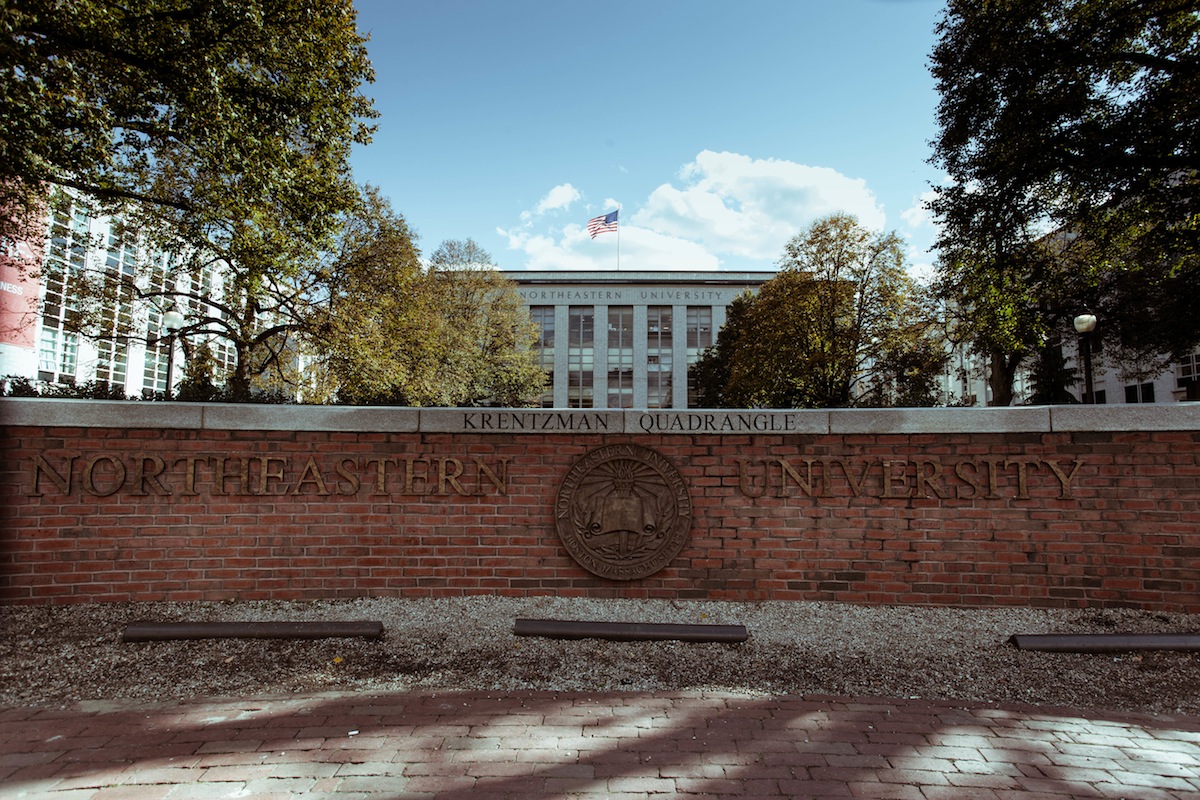Boston Now Has Biggest Concentration of Top-Tier Research Universities in U.S.

Photo by Alex Lau
Northeastern University is one of just 15 schools nationwide to receive a promotion from the Carnegie Classification of Institutions of Higher Education, earning inclusion in the top-tier, “highest research activity” category.
The Carnegie Classification released Tuesday an update to its last classification, published in 2010. Northeastern joins 114 other schools with the distinction, including Harvard University, MIT, Boston University, and Boston College. Boston now has the largest concentration of these top-tier research universities of all major metropolitan areas in the U.S.
The classification has been published eight times since 1973. The Carnegie Foundation passed responsibility for the classification off to Indiana University Bloomington’s Center for Postsecondary Research in 2014, though it still bears the Carnegie name.
“Although intended for research and policy purposes, the Carnegie Classification of Institutions of Higher Education has become an integral part of the fabric of higher education, as it is used by a variety of organizations for shaping accountability and opportunity,” Victor H.M. Borden, professor at the IU School of Education and head of the team that produced the new classification, said in a statement.
Last month, Northeastern avoided a potential strike of its part-time faculty by reaching an agreement with the Service Employee International Union Local 509. The three-year deal granted qualifying members of Northeastern’s part-time faculty access to its health care plans, as well as other benefits, including “increased professional development opportunities,” discounted access to the Cabot pool, and on-campus parking.


